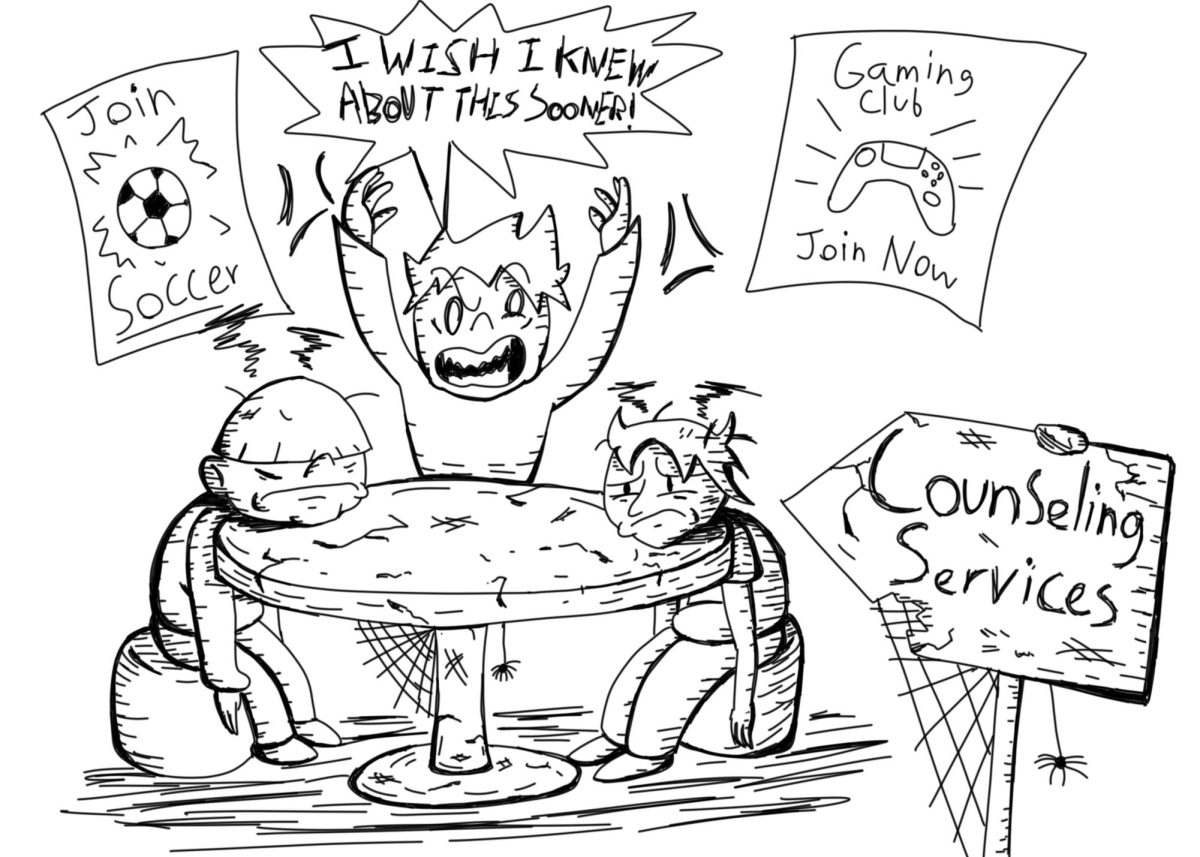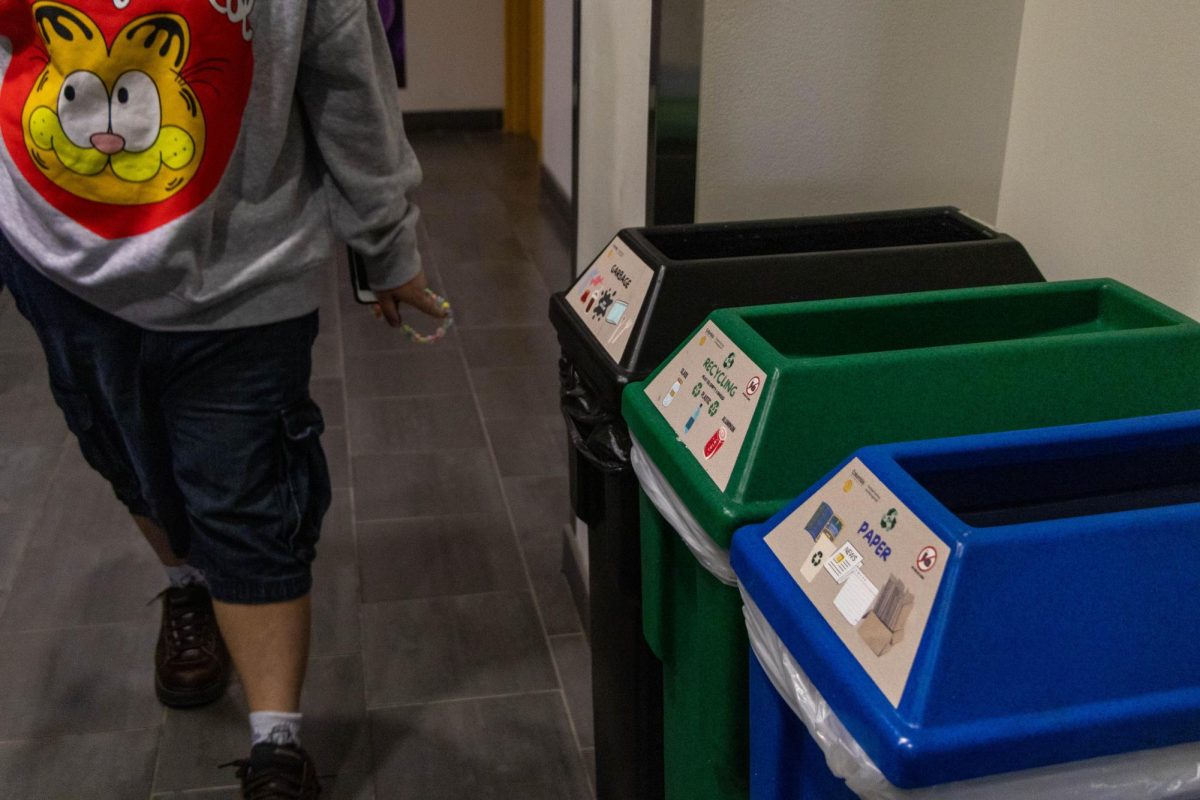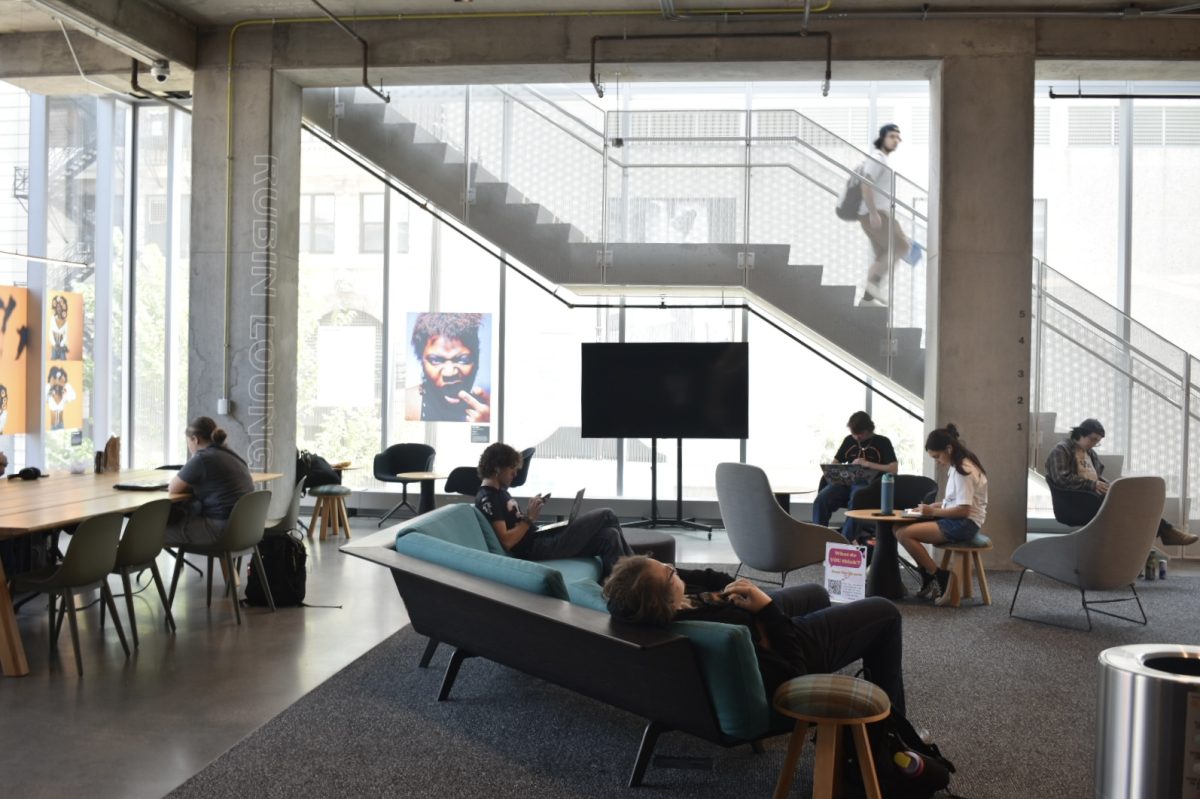MENTAL HEALTH ISSUE
The “Introduction to the Fashion Industry” course taught this spring has an entire class period devoted to self-care and mental health.
Lauren Downing Peters, an assistant professor in the Fashion Studies Department, reworked the syllabus to devote one week in the 15-week course to themes like establishing work-life balance, redefining wellness and mental health resources. She also included guest speakers from student Counseling Services.
As a senior and a teaching assistant for the course, I appreciated that first-year students were becoming aware of these invaluable resources at the beginning of their college journey. The syllabus emphasized early access to mental health counseling and campus resources, integrating them into the classroom and campus culture for student support.
According to a 2024 College Mental Health Statistics Report, 36% of college students had been diagnosed with anxiety, and 28% had been diagnosed with depression. Additionally, 8% of individuals have received a diagnosis of a trauma or stressor-related disorder, like PTSD, and a considerable portion of students also handle other mental health conditions.
The report revealed that 81% of students surveyed knew their school provided mental health services, but only 40% think their school is doing enough to support student mental health. This discrepancy highlights the importance of increasing awareness within educational institutions. It is crucial for colleges to not only offer these services but also actively promote them to ensure students feel comfortable seeking help when needed.
I have been a student at Columbia since September 2021, and have not used any mental health services, which I now regret as a senior. Looking back, I realize I wasn’t aware of the available resources.
The Counseling Services webpage is heavily reliant on text, and the Instagram page is updated only sporadically. The Engage portal needs to evoke a sense of community, like a club, but it does not.
It’s not enough for Counseling Services to merely exist on campus and online platforms; they must be actively engaged and accessible to students. Active engagement ensures that students feel empowered to access the resources they need and receive the support necessary for their well-being.
Prominent universities, like the University of California Santa Barbara, have developed apps for students to conveniently access resources and information on their phones. Additionally, some universities have established physical campus hubs, like the University of Oregon’s Duck Nest, to foster a student community beyond digital means.
To analyze Columbia’s counseling efforts, they have established an Instagram account, an events tab on the webpage and an Engage portal. However, their Instagram account hasn’t been updated for ten weeks, and their events page has remained untouched since the fall semester of 2023.
A weekly newsletter called “Your Healing Space” is also sent to all student emails, highlighting specific awareness months and their links to campus resources. This practice is common across many departments at Columbia. The challenge lies in how Counseling Services can distinguish themselves and capture the campus community’s attention. To achieve this, prioritizing visibility and active engagement with students, faculty and staff is crucial, beginning with inclusion in class syllabi and semester materials.
Although there is a fine line between promoting these resources and “doing it for show,” Columbia needs to ensure genuine integration and utilization of these services to truly support the well-being of its community. Based on data from YPulse, 71% of Generation Z consumers appreciate brands incorporating mental health into their marketing and messaging. Fashion labels such as The Mayfair Group, Madhappy and Social Goods have been developing collections and marketing plans centered around mental health, leading Gen Z to seek mental health support and advocacy through brand loyalty. College campuses must mirror this loyalty.
There is always a need for expansion within mental health services. However, the most crucial step is efficiently communicating its resources and expertise to students, faculty and staff. The college needs to focus on education over implementation.
The school could create a week dedicated to mental health and well-being in course syllabi when Mental Health Awareness Month coincides with the school year. Additionally, increasing the visibility of the counseling service’s staff is crucial. By improving their presence within the educational environment, more students may be inclined to utilize these resources, paving the way for discussions on expanding the support services.
Haven Hathaway is a senior majoring in Fashion Studies and minoring in journalism from Gibson City, Illinois.
Copy edited by Lily Thomas
Submit an op-ed of no more than 850 words here or email editorialboard@columbiachronicle.com








